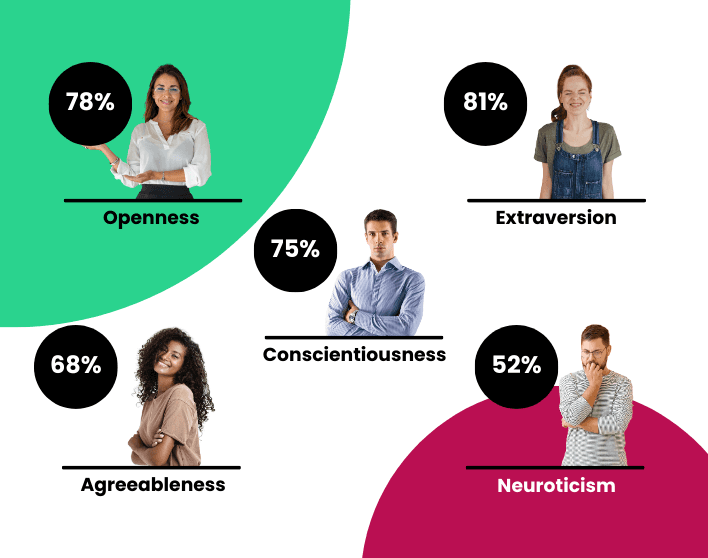The Bryq Team
HR Experts
What is a structured interview?
A structured interview is a process of interviewing candidates using a specific set of questions that relate to the role the candidate applied for. The structured interview questions are planned ahead of the interview and the same questions are used with all the candidates. Once the interviews for the role are completed the candidate responses are evaluated by the hiring manager and HR using a rating scale to decide which candidate is most suitable for the role.
What is the difference between unstructured and structured interviews?
Whilst structured interview questions are prepared in advance on the job requirements that the candidate is interviewing for, unstructured interview questions are not prepared in advance. Another key difference is that the data collection in structured interviews is often quantitative versus the unstructured interview questions which are qualitative. The questions for unstructured interviews are open-ended and not explicit.
The key benefits of structured interviews
The structured interview process is designed to evaluate a candidate based on a set of questions that are fixed, closed-ended, and descriptive. They focus on talents, skills, and knowledge and the same questions are used for all candidates. The key benefits of the process are:
Controlled and consistent interview: Hiring managers and HR interview the candidates based on the same set of questions allowing them to compare easily the answers from each interview.
Better time management: Structured interviews are far more efficient than unstructured or unplanned interviews. The interviewers have a specific set of questions that are tailored to the role allowing them to ask specific questions to the candidates making the hiring process more precise and complete.
Bias free and fair: All candidates must answer the same questions during the structured interview and the questions are based on the job description. Having a structured interview process in place you can demonstrate to the candidate that the interview process is objective and consistent.
Measurable results: Because closed-ended questions are used in structured interviews, it is much easier to gather quantitative data making it easier for decision-makers and hiring managers to compare candidates.
Increase confidence: The interviewers feel more confident because they have a set of questions to ask the candidate ahead of the interview and also the questions are based on the job description.
How do you design a structured interview process?
As we mentioned structured interviews can give a better experience to both the interviewer and the candidate, but how you go about designing a structured interview process for a particular role you are looking to hire for?
The starting point should be the job description, review carefully the role requirements and based on that create a set of questions. It works best if you follow the STAR method when creating your questions (Situation, Tasks, Action, Result) so the candidate can give better answers during the interview.
You have to be aware that a candidate will not be aware of "jargon" used within your organization therefore, the questions should not contain language used only within your organization. The questions should be structured in a way that they don’t indicate what the right answer is. This way you will avoid biased responses.
Finally, you have to assign a scale to evaluate all responses. For example:
Not suitable
Suitable
Exceptionally suitable
Or a scale 1 to 5, with 1 being qualified and 5 being very qualified. You could also include in the rating a metric for over-qualified candidates. We have created a list of interview questions that you might find useful. You can adapt these to your structured interview questions.
Types of structured interview questions
There are 2 main types of structured interview questions:
Behavioral structured questions focusing on past experiences. For example, tell about a time where you missed a task deadline.
Hypothetical structured questions focusing on hypothetical future scenarios. For example, asking candidates to assess a situation.
How to make a structured interview a success?
Before you get to the interview it's always good to practice the questions you are going to ask the candidate. This will give you clarity on what the questions are about and how they apply to the role. You may want to group the questions to categories if they are not grouped already (behavioral vs hypothetical). Also, you need to have a method to document the responses so the evaluator or you can score the candidates consistently. Some interviewers, with the candidate’s permission, record the interview in order to document the responses in great detail.If you are looking to implement a structured interview process in your organization, have a look into talent assessments like Bryq which facilitate such a process by offering detailed interview guides that are tailored to a candidate's fit for a position.








